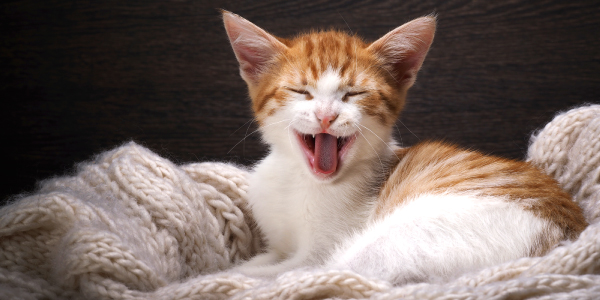|
'Dentals' are common procedures performed in veterinary practices and when it comes to what's involved, people often have a few questions. Here are three common questions:
1. Why does my pet need a general anaesthetic?
In order for us to properly assess and treat dental disease, a general anaesthetic is necessary. Unfortunately we can’t ask you pet to ‘open wide’. We'd also like to keep all of our fingers so it is best that your pet is asleep! This enables us to clean every tooth thoroughly and safely remove teeth that are diseased.
2. Why is extraction of a tooth necessary?
When comparing our own dental experiences to that of our pets, extraction may sound drastic, however the options for saving teeth in our pets are limited. A pet with severe dental disease and pain has usually lost a significant amount of bone and soft tissue along the roots of the tooth. Extraction is often the only way we can restore oral health, remove the source of the pain and prevent the disease spreading to neighbouring teeth.
3. If my pet has to have multiple teeth removed, will he have any left to chew with?
Yes! Adult dogs have 42 teeth and adult cats have 30 so they will still be left with plenty to chew with! Once we remove a tooth however, the dentition of the mouth is changed and this can alter the chewing action and the natural cleaning action of chewing. Opposing teeth may be prone to tartar accumulation so ongoing regular dental checks are essential.
We are always happy to answer any further questions you might have.
|
